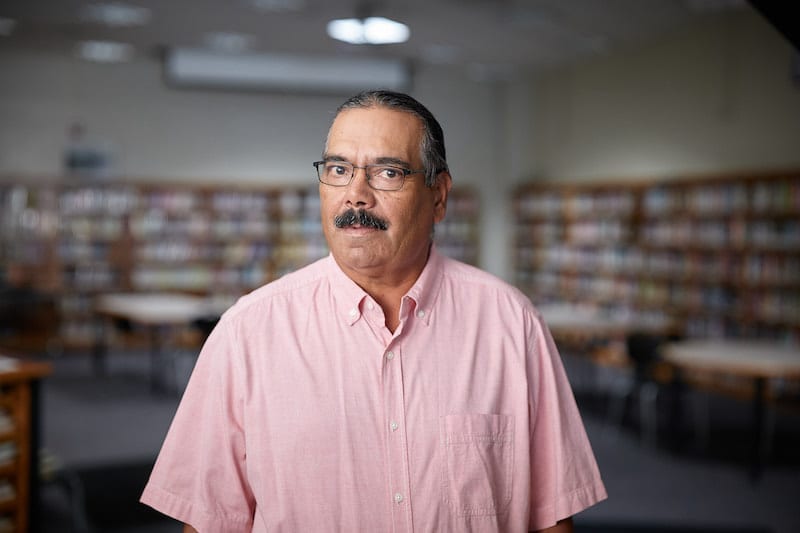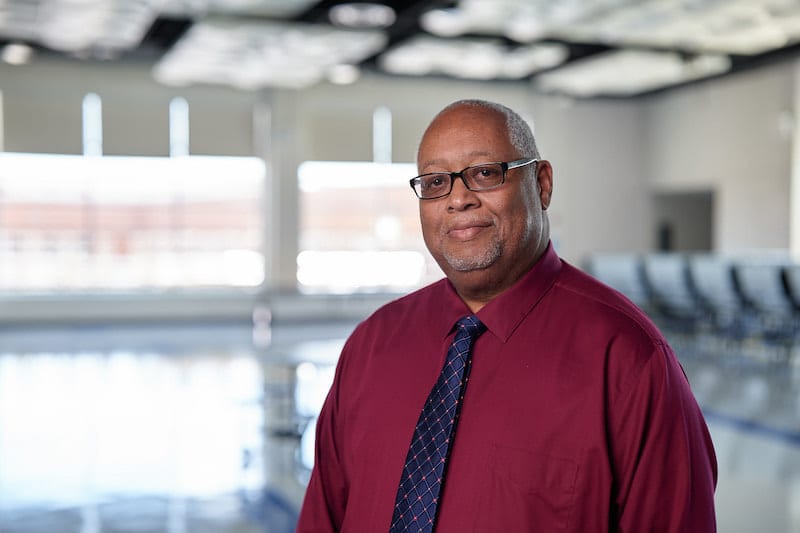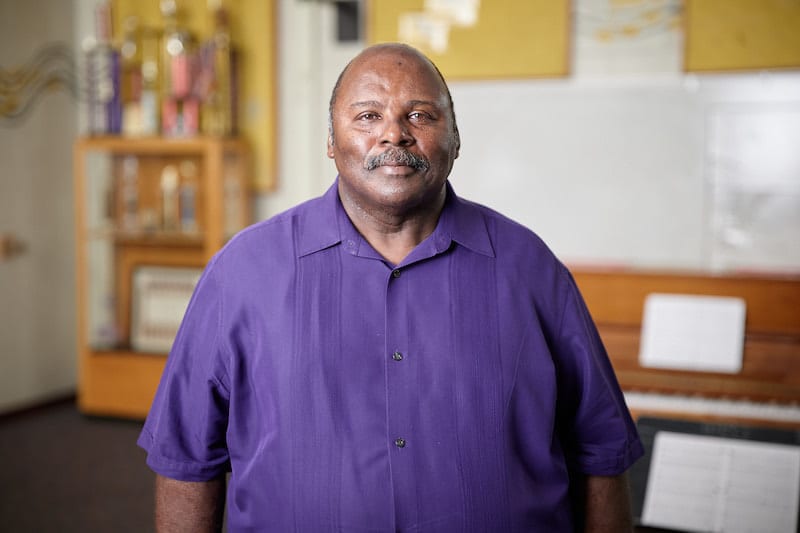
A former student, now parent and staffer, views school in a new light.
Trane ComfortSite is an extranet site designed to save you time. With your secure login, you can:
This is the login for Trane® Connect™ and other Trane® commercial applications. Trane® Connect™ is our secure, cloud-based customer portal to access your building systems to remotely monitor and manage building systems, and conduct routine maintenance.
Selecting a language changes the language and content on the Trane site.
Latin America
Europe
Asia Pacific

Discover which experts from Trane will be presenting and what topics they will cover at the upcoming ASHRAE Winter Conference and AHR Expo

Beyond the Building

Frank Adams is Chief of the Upper Mattaponi Indian Tribe. Though only officially known by that name since 1921, the tribe has had roots in the King William, Virginia, region since at least the 1600s.
King William County records from 1885 list people with the chief’s last name living in a settlement known as Adamstown, likely after James Adams, who served as an interpreter between the British and Indigenous Americans in the area in the early 1700s.
Today the tribe owns 32 acres of land in King William County and is closely enmeshed with the wider community—including regular involvement with the county’s four schools.
Adams, who served on the school district’s Board of Supervisors for a four-year term, spearheads educational programming that teaches students and community members at large about the indigenous culture in King William, past and present.
Everyone who comes into the building, from staffers and students to visitors, goes home to other community members.
He and other Upper Mattaponi tribe members have visited classrooms to share artifacts, stories, and presentations, and the schoolchildren visit the reservation for Educational Day field trips and experience the Upper Mattaponi village, where they can sit in a longhouse, stone-grind corn into meal, listen to storytellers, participate in ceremonial dances, build fires, and more.
The Upper Mattaponi have used district school buildings for events including Christmas parties.
“School and county leadership has made sure that these buildings that were paid for with taxpayer dollars were available to the citizens of King William County,” Adams says. “It has pretty much been a given that, if you ask, they’ll help you secure a building or a meeting space.”
But less formally, the schools have always been a go-to meeting spot for the residents here, says Adams, who himself graduated from the high school in 1971 with just 61 other students.
“The grounds—the track, the basketball courts—was kind of a gathering place,” he says. “We didn't have any parks and things to go to. We live in the country, so you had to end up at the school to play football and do hoops and whatnot.”
As the COVID-19 crisis loomed, the King William community faced the same concerns that communities across the country were grappling with: It was crucial that the school buildings were accessible and welcoming. Everyone who comes into the building, from staffers and students to visitors, goes home to other community members. To that end, the district installed new equipment from Trane that helped improve air quality and keep air circulating well.
And to do their part in lessening the spread of the virus, the Upper Mattaponi had volunteers deliver items from their food pantry to families to reduce the risk of exposure.
“The people in this county, everybody helps everybody,” Adams says. “So, it was difficult times, but we weathered it pretty good.”
That tight-knit community spirit is what keeps so many of King William’s own close to home.
Adams’ mother, for example, worked as a school bus driver for 32 years. After he and his two sisters graduated, she’d say:
“You're all out of school, but I’ve still got to get up and go to school this morning!”

A former student, now parent and staffer, views school in a new light.

For this citizen leader, community well-being comes first.

